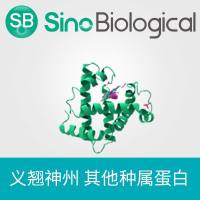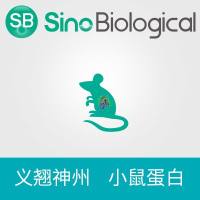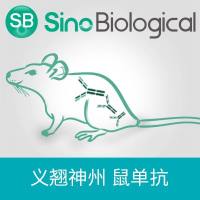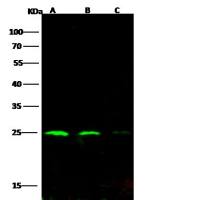The Macrophage and HIV: Basic Concepts and Methodologies
互联网
633
Along with CD4+ T-lymphocytes, macrophage lineage cells serve as primary hosts for HIV replication in vivo. In some tissues such as brain, where T-cell infection is essentially absent, the development of HIV-associated disease is mediated through infection of macrophages. This fact underscores the importance of experimental methods that yield results and conclusions that accurately reflect the mechanisms operational in vivo. Unfortunately, our understanding of key aspects of HIV-macrophage interactions, most notably, features of viral entry, replication, latency and persistence, lags behind that of T-cell infection. While some questions are best approached by direct examination of patient specimens using methods such as immunohistochemistry and phylogenetics, experiments based on HIV infection of macrophages in vitro can, necessarily, identify and elucidate the events, molecular mechanisms, and pathological consequences associated with this infection. In addition, macrophage culture methods can provide for the isolation of infectious HIV from patient blood monocytes and tissue macrophages, as well as subsequent continued propagation of these isolates in their host cell of origin. Maintenance of the host cell pedigree limits the possibility of alteration of viral properties such as chemokine coreceptor usage that may then no longer reflect the situation in vivo.
This chapter focuses on HIV infection of macrophages. We describe methods for the cultivation of human blood monocyte-derived macrophages, their infection with HIV and subsequent maintenance, and the isolation of infectious HIV from them. Also included is a protocol using accutase for macrophage detachment. Accutase is a relatively new dissociation medium, used primarily in stem cell research. In our laboratory, it has far out-performed all other methods by providing for the gentle, yet thorough, detachment of macrophages without the need for scraping, and without loss of surface antigens or viability.








